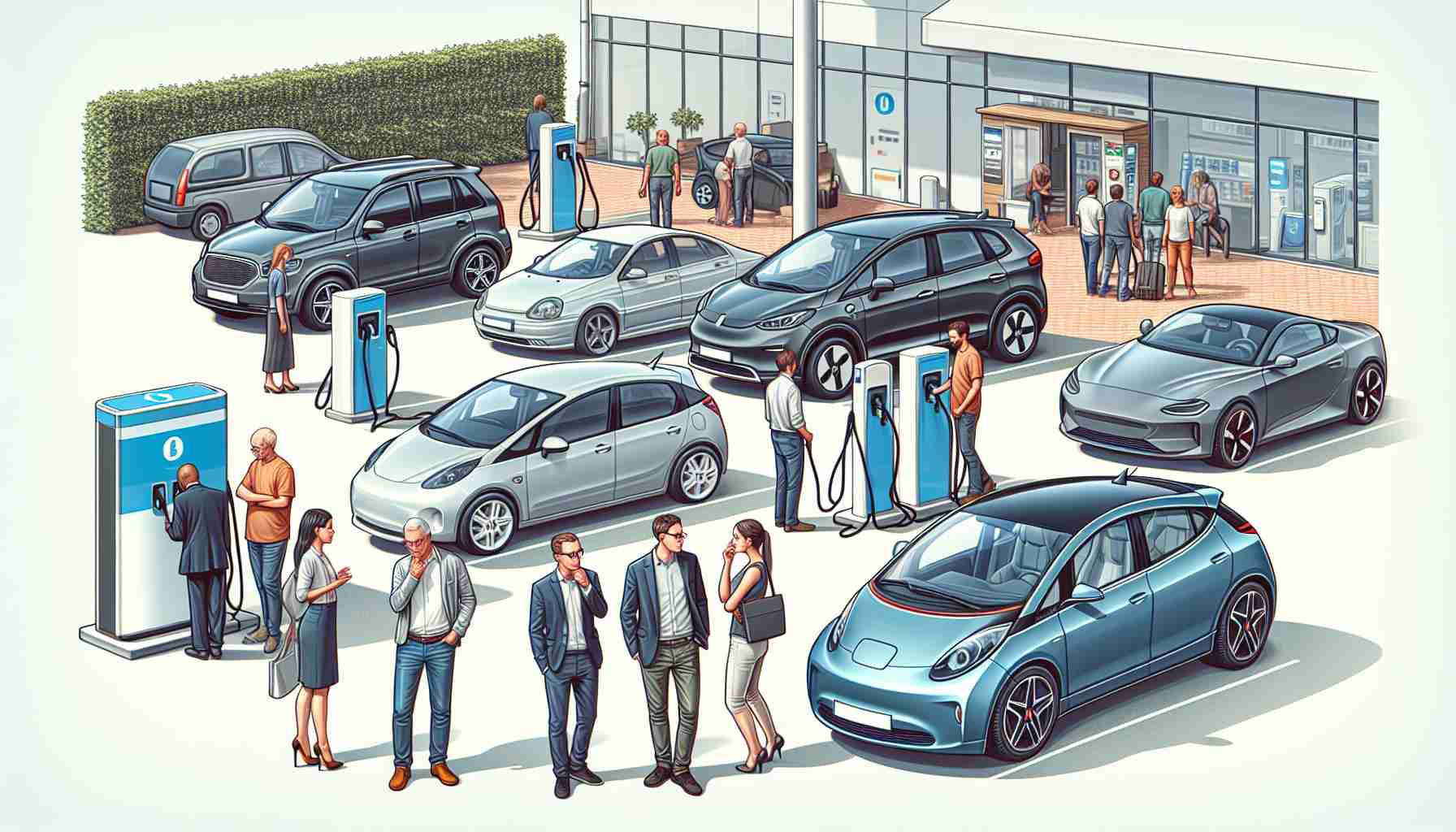Recent years have witnessed an increase in predictions that gasoline-powered cars would soon become obsolete, paving the way for sleek, futuristic electric vehicles (EVs). However, the initial hype surrounding electric cars has not translated into consumer demand. One of the primary reasons for this disappointment is the inconvenience associated with charging EVs.
Unlike the ease of refueling a gas-powered car, charging an electric vehicle requires careful planning and waiting time at charging stations. This inconvenience became even more apparent during the recent Arctic blast, as frigid temperatures caused EV batteries to drain faster, leading to longer charging times.
Moreover, EVs have failed to live up to their environmental promises. The production of EV batteries heavily relies on cobalt, which is often mined under precarious conditions in the Democratic Republic of the Congo. These mines are rife with child labor and poor working conditions, and there are minimal efforts towards battery recycling.
Despite claims of being “zero-emission,” most electric vehicles depend on electricity generated from coal and natural gas, rather than renewable sources. In reality, renewables only constitute a small fraction of the national grid. This inconsistency has led to skepticism and a lack of trust in the environmental benefits of electric cars.
Additionally, the generous subsidies provided to make electric vehicles more affordable have shifted the cost burden onto taxpayers, particularly those who can least afford it. Recent research shows that every EV sold places an additional $50,000 in costs on taxpayers, resulting in a total of $21 billion in 2021 alone. Furthermore, the installation of home and public charging stations strains the electric grid and results in socialized costs that are reflected in higher electricity bills.
These rising utility costs have become a significant concern for many American households, with 27 percent struggling to afford their home energy bills. The economic impact of transitioning to electric vehicles has not been fully taken into account and has the potential to exacerbate the financial difficulties faced by households already under financial strain.
While the Biden administration may wonder why consumers are hesitant to embrace electric cars, the reasons are clear. Electric vehicles currently fall short in terms of convenience, environmental impact, and hidden economic costs. Instead of heavy-handed government interventions, allowing the free market to determine consumer preferences in the auto industry may yield more successful outcomes.
Keywords:
– Electric Vehicles (EVs)
– EV Batteries
– Democratic Republic of the Congo
– Renewable Energy Sources
– Electric Vehicle Subsidies
– Charging Stations
– Power Grid
– Electricity Costs
– Biden Administration
Suggested Related Links:
– Metallica Limited
– EV News Daily
– Clean Energy Wire
The source of the article is from the blog girabetim.com.br
